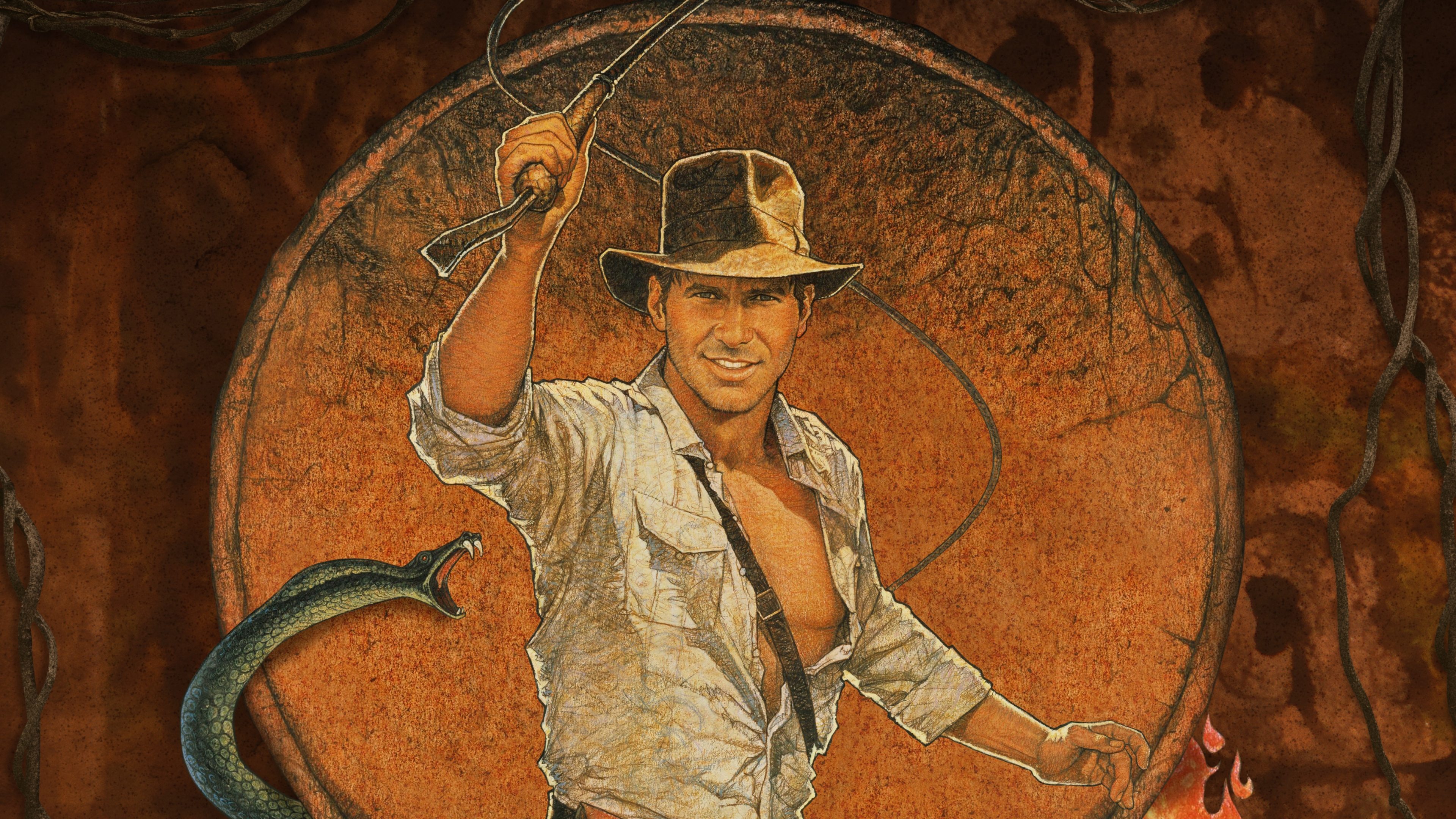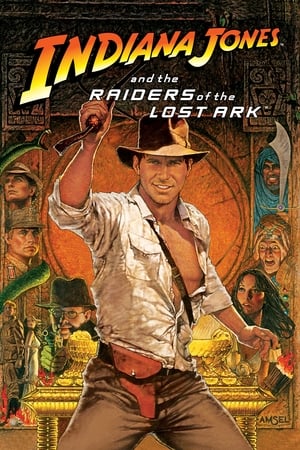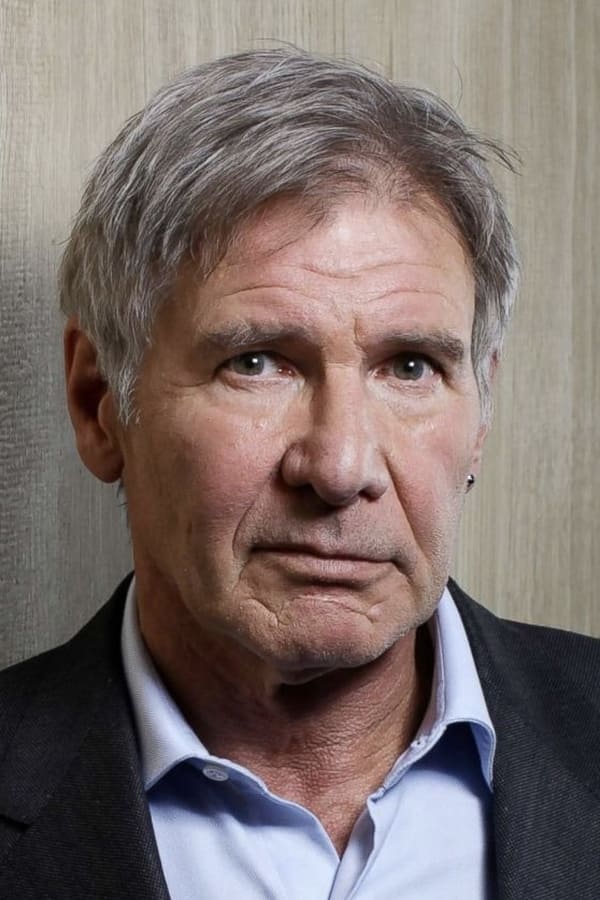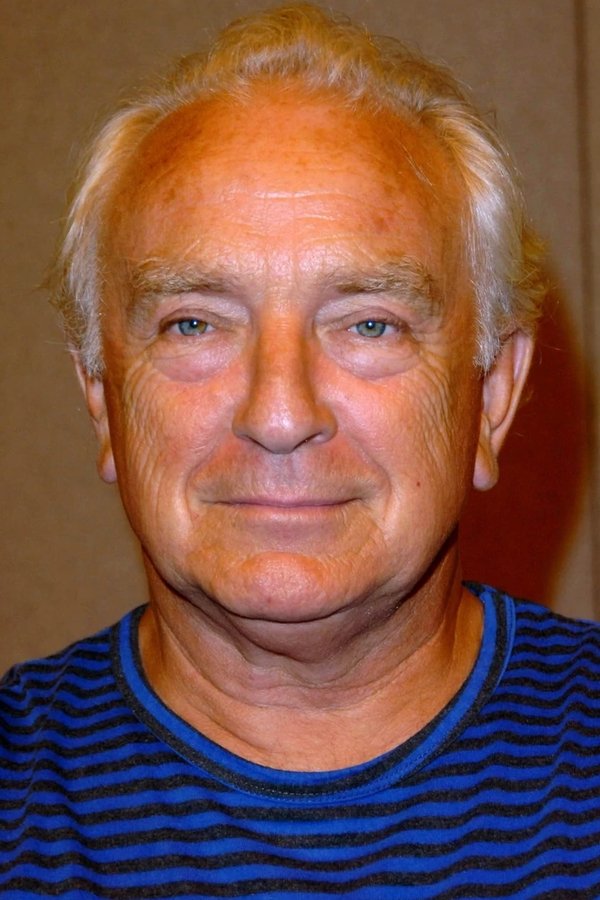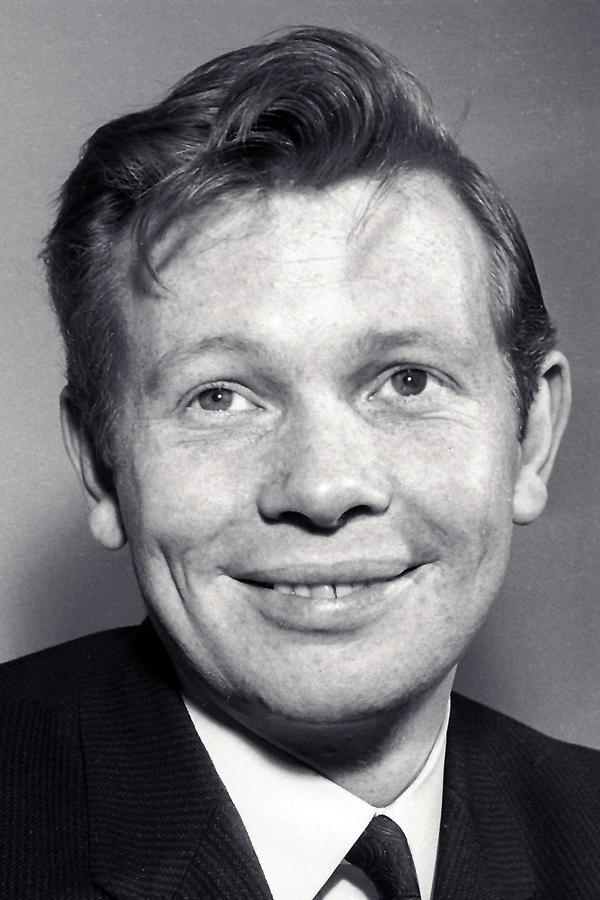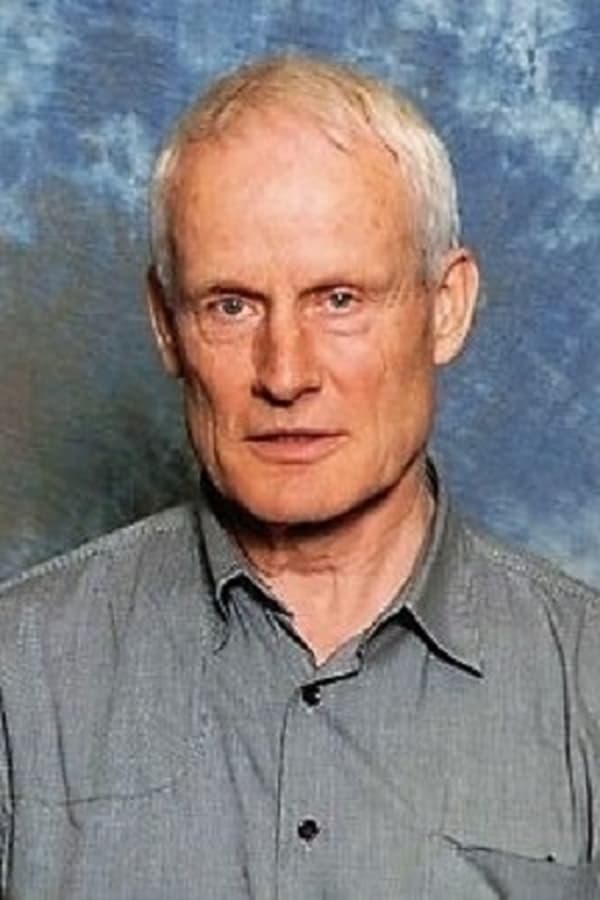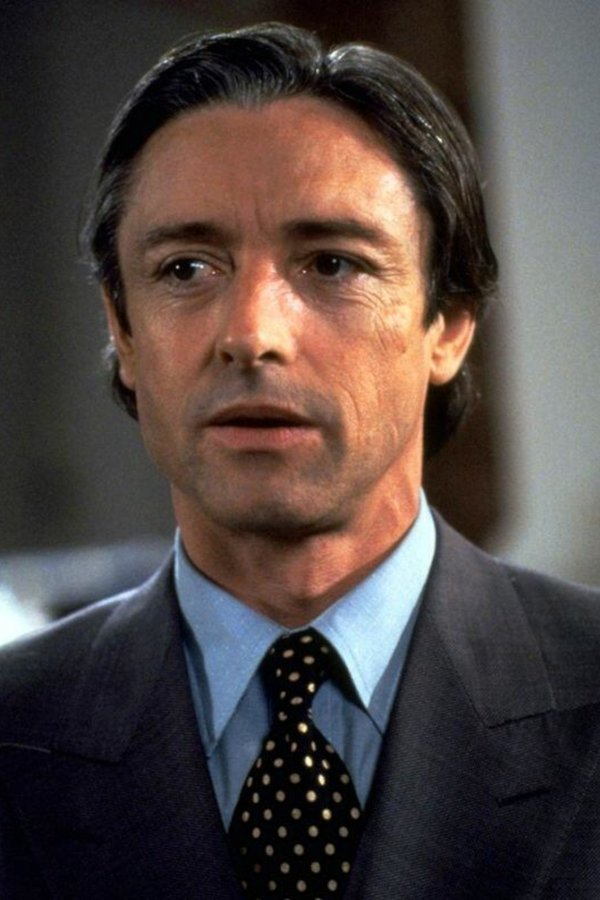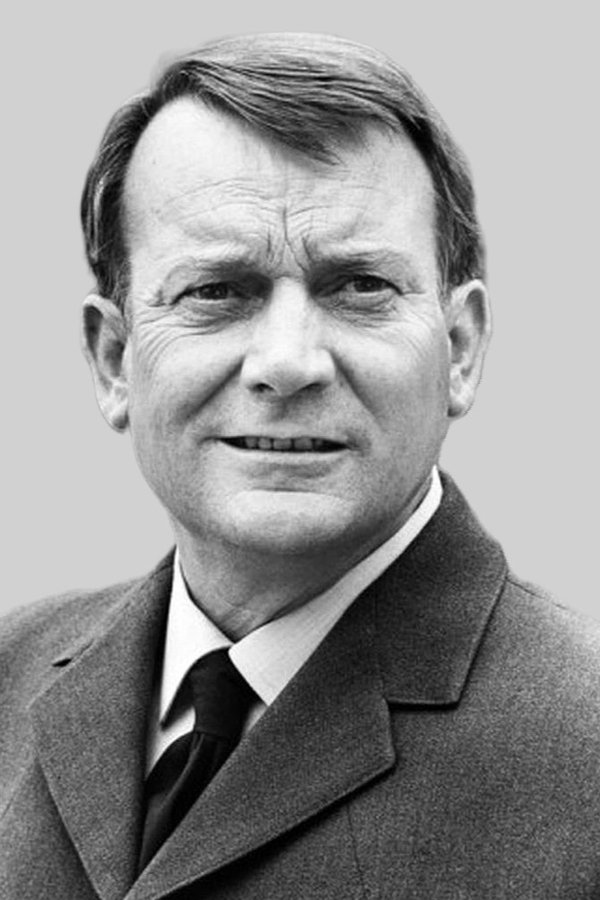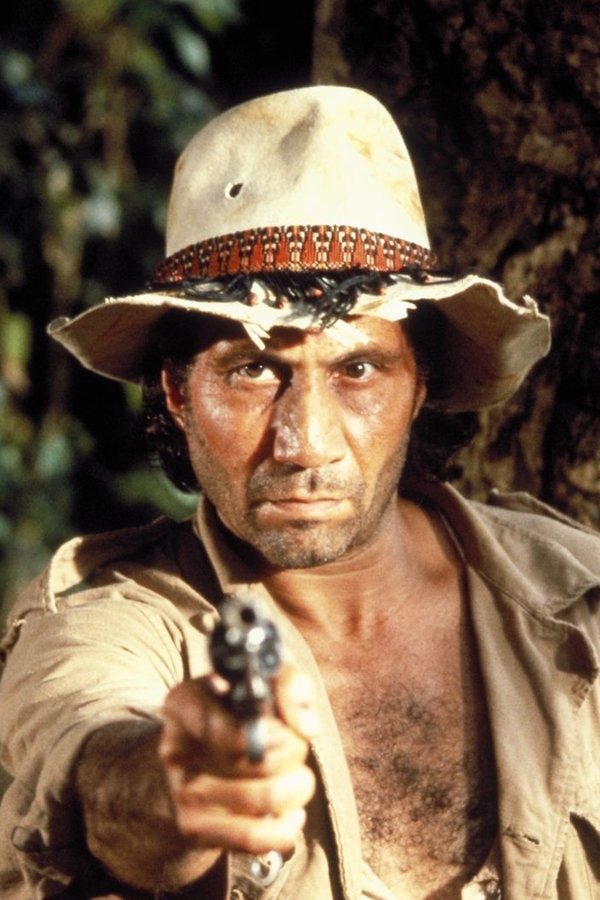Let me preface this by saying that I adore
Raiders of the Lost Ark (1981). I will unquestionably hail it for years to come as both
Steven Spielberg’s magnum opus and a truly timeless adventure film. Even if I didn’t think it was both of these things, little can be said to deny the impact Indiana Jones’ first onscreen outing has had on the action and adventure genres since its inception. Yet when people talk about
Raiders as a finely structured homage to classic 1930s film serials with 1980s blockbuster action sensibilities, the presence of
Harrison Ford’s charismatic Dr. Jones usually rests at the center of that conversation. Even the name of the film itself has been co-opted, rebranded, and falsely embraced as
Indiana Jones and the Raiders of the Lost Ark, just to make it easier to market alongside a trio of sequels that, despite bearing the name of the heroic protagonist, have not come close to matching their originator’s ability to develop character through action, and vice versa. To whom people don’t always alot their praise is Marion Ravenwood (
Karen Allen), the film’s female lead who serves as Indy’s sidekick and companion during his search for the Ark of the Covenant. And now that popular culture has had 40 years to consider the enduring legacy of the film, it is high time that we drop the “sidekick” label and acknowledge the heroic role played by Marion herself.
Of course, it’s impossible to discuss Marion’s character, or even
Raiders of the Lost Ark at all, without getting around the illicit circumstances surrounding her complicated relationship with Indy, which actually began ten years prior to the search for the Ark while she was a teenager. As her father, Abner Ravenwood, mentored the promising, whip-carrying archaeologist, the emotionally vulnerable Marion was pulled in by Indiana’s irresistible charm, a quality the film doesn’t hide as he is swooned over by his plethora of female students, and the two began a secret relationship that ultimately dissolved Abner’s trust in his young apprentice. Luckily, Marion has learned what these young women have not. When we meet her again in the Nepalese tavern she owns (a very significant divergence from what one would expect from a woman in the 1930s), Karen Allen’s portrayal of the character allows us to recognize that she is no longer willing to be defined by the men in her life, as Marion’s first instinct upon seeing her old flame is to land a mean right hook upon his jaw before reminding him, “I was a child. I was in love. It was wrong and you knew it.”
This isn’t as much of a throwaway line as it once was, but even then, it’s one that Allen always seemed very taken in by, as Marion spends the remainder of the film reminding Indy how wrong it was, indeed. The original drafts of the script made this scenario much, much worse, but the decision for the two to enter an inappropriate, not to mention illegal, relationship, was always intentional (only Spielberg seemed hesitant to include this story point during the
